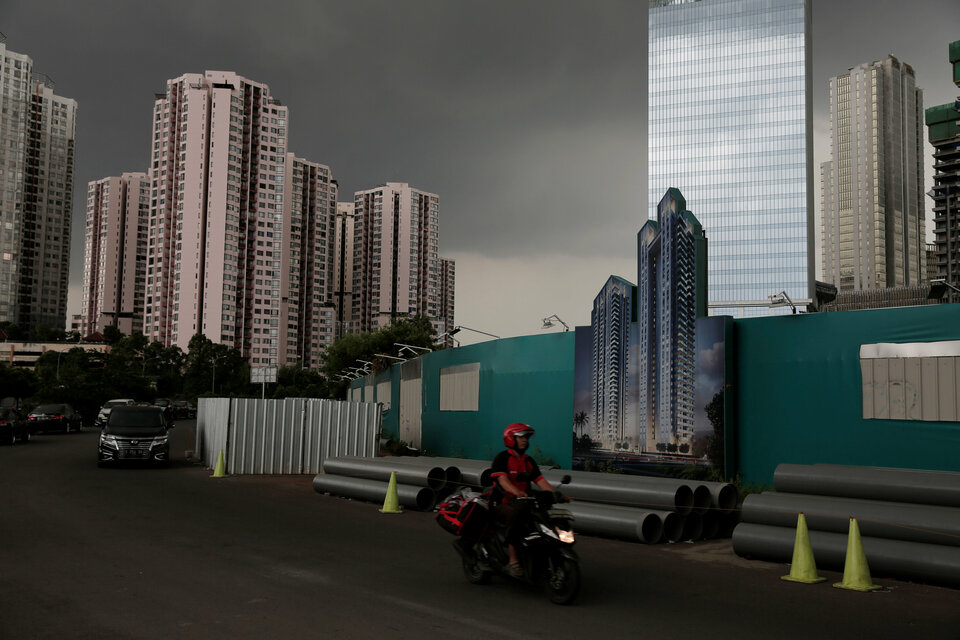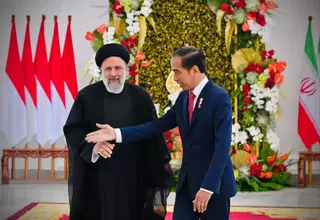Property, Industrial Complex Developers Could Be Exempt From Progressive Land Tax: Minister

Jakarta. In order to encourage investment, property and industrial complex developers could be exempt from progressive tax on land that is deemed idle, a minister said on Monday (06/02).
"[The tax] must not interfere with investment opportunities," Minister of Agrarian Affairs and Spatial Planning, Sofyan Djalil said.
The exemption would also apply to housing development projects, Sofyan said.
The proposed exemption came in response to a backlash from developers who said that the tax would increase their business costs.
Progressive Land Tax
In January the government announced a plan to draft legislation imposing a tax to address land scarcity issues, in an attempt to reign in speculation and encourage more efficient use of land.
Indonesian cities today suffer from a severe backlog in providing housing for its growing population. The practice of buying land to be sold later has pushed land prices up, preventing property developers from providing affordable housing, the Ministry of Finance's head of fiscal policy office, Suahasil Nazara said.
Sofyan expressed his support of the plan, saying that many old regulations on land ownership and taxes have lost their relevance amid the rise of inequality in Indonesia.
Indonesia's Gini ratio — measuring the degree of inequality in income distribution — was at 0.41 last year, up from 0.37 a decade ago, reflecting a widening gap between those living in poverty and high income earners, data from the Central Statistics Agency (BPS) showed.This has also been exacerbated by the fact that close to 12 million households cannot afford to own a house, according to an estimation from the Ministry of Public Works and Housing.
Currently, regional governments impose land and building tax annually. This ranges between 1-2 percent of the government-determined taxable value (NJOP) of the land. Income tax of 2.5 percent is due at the time the land is sold. The NJOP is rarely updated, so it is often set below market value.
The government is also considering increasing taxes on land that is deemed idle, instead of proposing an entirely new tax legislation to address the issue. Additionally, the government is considering imposing a higher sales tax on land sold within a certain period, in order to to suppress speculators and discourage the practice.
Tags: Keywords:POPULAR READS
China’s Top Diplomat Wang Yi to Visit Indonesia for Cooperation Talks
Chinese top diplomat Wang Yi will chair a policy coordination meeting aimed at strengthening Indonesia-China cooperation.President Jokowi Urges Global Restraint as Tensions Rise in the Middle East
President Joko "Jokowi" Widodo emphasized the importance of diplomatic efforts to prevent the escalation of conflict in the Middle EastKPK Identifies Sidoarjo Regent as Suspect in Corruption Probe
KPK has identified Ahmad Muhdlor Ali as a suspect in a corruption case involving the Sidoarjo Regional Tax Service AgencyEconomic Concerns Overshadow Security Worries for Indonesians in Iran
Indonesian citizens currently in Iran are more concerned about rising inflation than the security situation in the country.'Siksa Kubur' Review: Indonesian Horror with Solid First Act
The beginning part of "Siksa Kubur" is incredibly solid across many fields, including the visual storytelling.Popular Tag
Most Popular






















